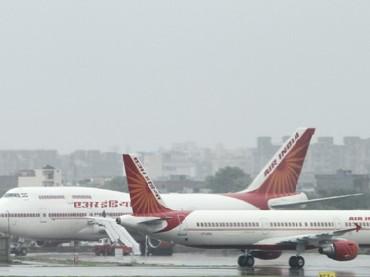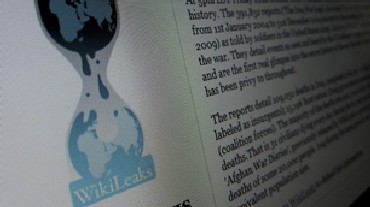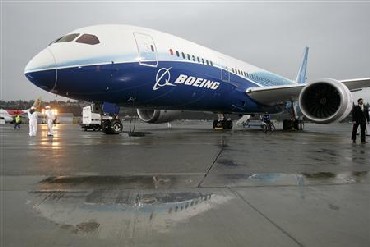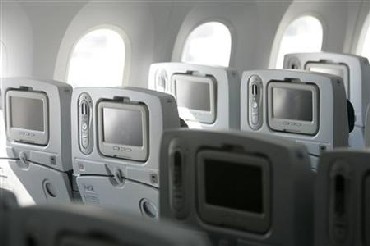 | « Back to article | Print this article |
WikiLeaks: US embassy backs AI-Boeing deal
The Comptroller and Auditor General (CAG) may not agree, but for the US embassy in New Delhi, the Air India Boeing aircraft purchase agreement of 2005 was perfect, a scripted plan, jointly executed by its officials and those of the US aircraft manufacturer.
The Boeing deal, worth $8.5-billion (Rs 39,500 crore), was to supply 50 wide-body B777-B787 aircraft, powered by GE engines, to government-owned AI.
The embassy observations are part of a confidential official cable released by whistleblower website WikiLeaks on August 30.
Click NEXT to read more...
WikiLeaks: US embassy backs AI-Boeing deal
Extracts of the embassy communication, dated April 27, 2005, credited the success of the deal to the multi-pronged advocacy efforts carried out by the economic, political, public affairs and foreign commercial service arms of the US government.
"This USG-Boeing effort was well-scripted and provided a new paradigm in how to marry USG advocacy with a commensurate level of company commitment at the highest levels," the communication from Robert O Blake stated.
The embassy also said it felt "large procurements such as this one require multi-pronged strategies. While it is important to nurture the technical interlocutors on technical aspects of the bid (e.g. price, delivery schedules, counter-trade offsets), it is equally, if not more, important for the company leadership to touch the right political bases at the right levels".
Click NEXT to read more...
WikiLeaks: US embassy backs AI-Boeing deal
The embassy notes indicate Boeing officials had informed them that the lessons learned (from the India deal) would be used in developing a new world wide sales strategy to counter Airbus' inroads on commercial aircraft sales.
The cable states the US government urged its Indian counterpart for quick approval of the deal as it felt that "the longer the decision drags on, the greater the opportunity for (Boeing's European rival) Airbus to orchestrate a campaign to disrupt the sale".
The AI-Boeing deal was criticised by the CAG in its recent audit report for hasty decision making. The apex auditor had expressed doubts over the effectiveness and efficiency of the price negotiations that preceded the deal.
Click NEXT to read more...
WikiLeaks: US embassy backs AI-Boeing deal
"To enable effective price negotiations, it is normal (and was also necessary) to make an assessment through commercial intelligence gathered globally, to assess a reasonable or threshold price (based on comparable prices paid by other buyers and other factors).
However, no benchmarks for the cost of the aircraft were set by Air India/ministry of civil aviation before negotiations were initiated with the manufacturers at various levels.
Consequently, in the absence of such benchmarks, the effectiveness and efficiency of negotiations and the price arrived at is difficult to ascertain," CAG had noted.




